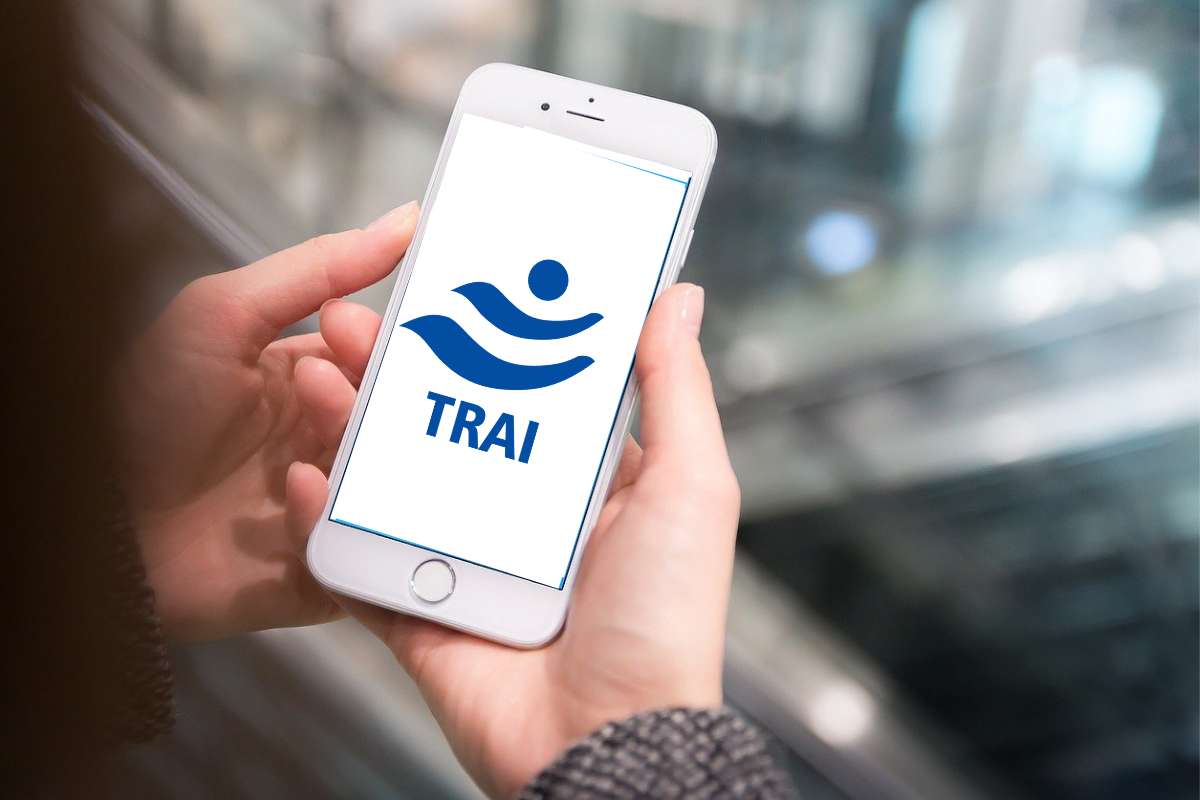
In a significant move to revolutionise digital connectivity and bolster mobile broadband coverage, the Telecom Regulatory Authority of India (TRAI) has put forth a set of recommendations aimed at enhancing the creation of active and passive digital connectivity infrastructure. By proposing a new licence category under the unified licence regime, TRAI aims to streamline infrastructure deployment, reduce costs, and improve the quality of network coverage, particularly in congested urban areas.
TRAI's recommendations underline the importance of digital infrastructure as a pivotal driver of economic growth and progress, in line with the National Digital Communications Policy–2018. The creation of a conducive licensing framework for Digital Connectivity Infrastructure Providers (DCIPs) is seen as a step towards fostering innovation and enabling the expansion of digital services across the nation.
Read More - No More Hidden Identification, TRAI to Ensure Caller Name Appears
One of the key features of the proposed framework is the division of the DCIP permit into passive and active categories. Passive infrastructure encompasses the physical elements that facilitate network connectivity, such as mobile towers, while active infrastructure includes network electronics like antennae and transmission systems. By encouraging neutral third-party entities to engage in the creation of both types of infrastructure, the regulatory authority envisions increased sharing, cost reduction, and enhanced service delivery.
A critical aspect of TRAI's recommendations is the focus on 5G technology. With the impending rollout of 5G networks, the demand for infrastructure, both above and below ground, is set to soar. TRAI emphasises the need for common sharable digital infrastructure, particularly in densely populated urban areas, to ensure robust coverage and efficient 5G service delivery.
Read More - TRAI’s Anti-Spam App is Not Available on App Store Anymore
Furthermore, TRAI calls for the creation of a digital connectivity infrastructure permit within the existing framework of the unified licence, providing a pathway for innovation while maintaining regulatory oversight. The proposed entry fee of Rs 2 lakh and an application processing fee of Rs 15,000 underscore TRAI's intent to promote new players and foster competition within the digital infrastructure landscape.
However, TRAI's recommendations go a step further by proposing that DCIP permit-holders be granted the ability to purchase radio equipment without any assignment of spectrum. This approach strikes a balance between providing flexibility for infrastructure development and ensuring efficient spectrum allocation.















